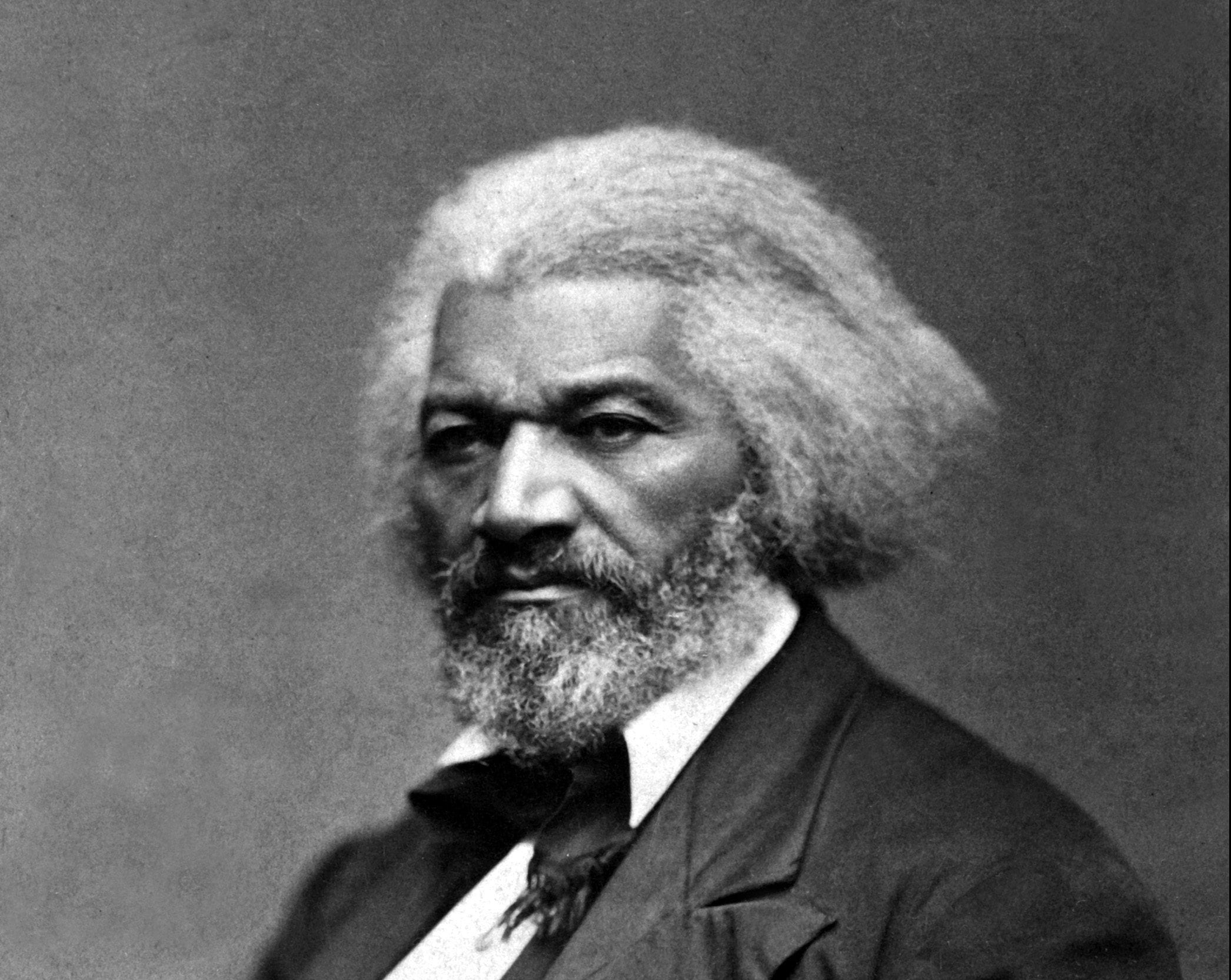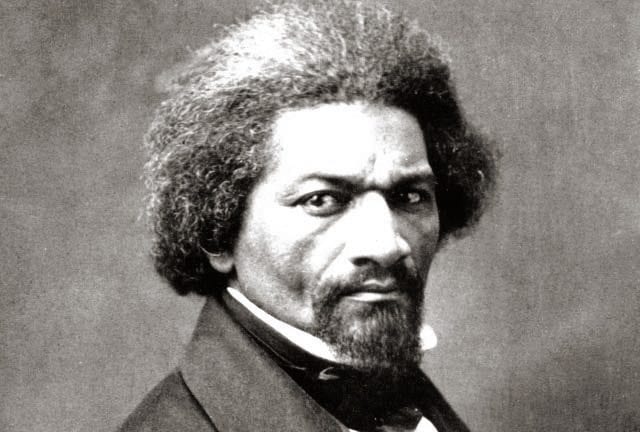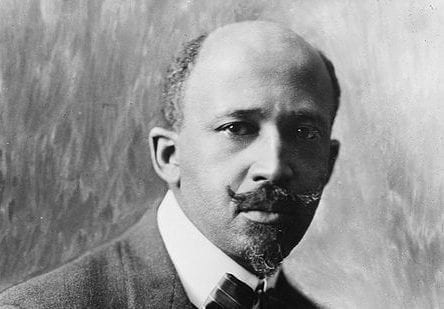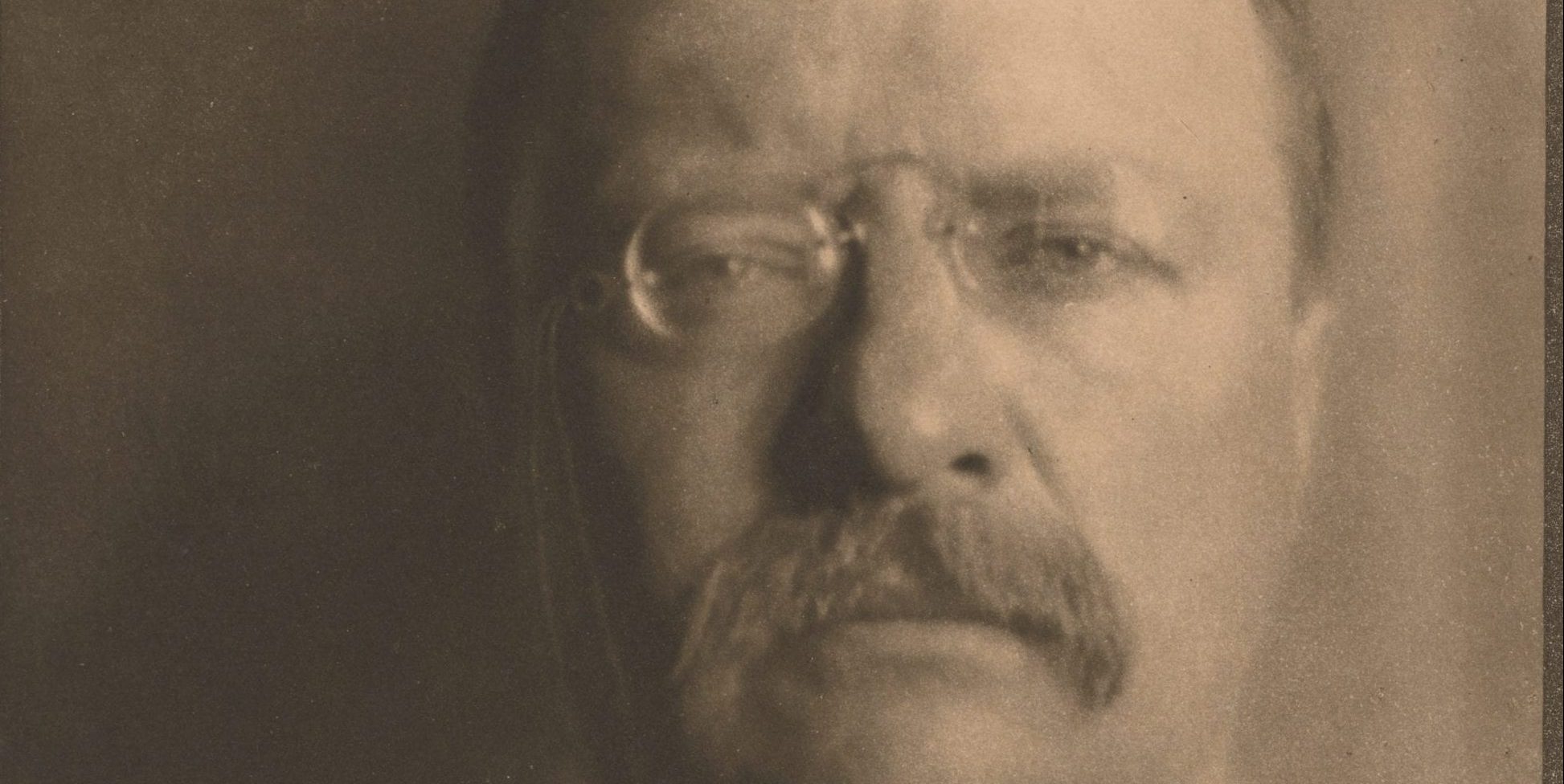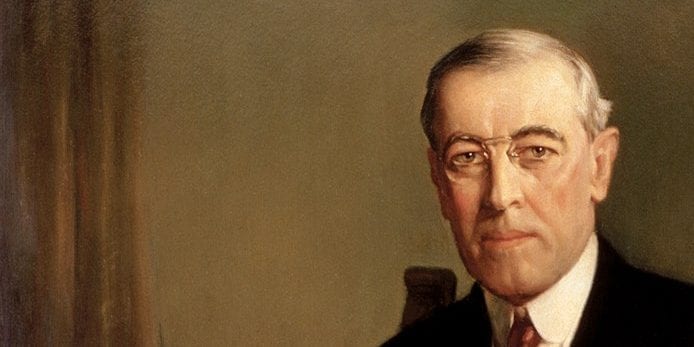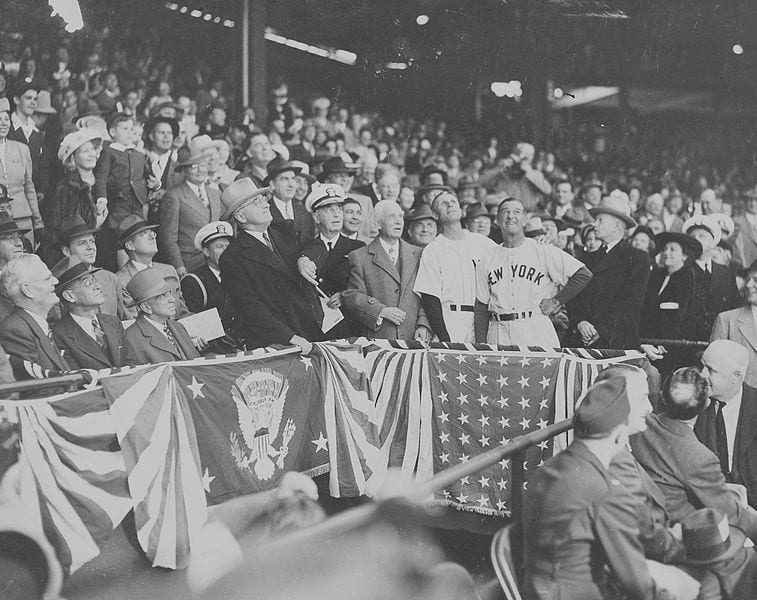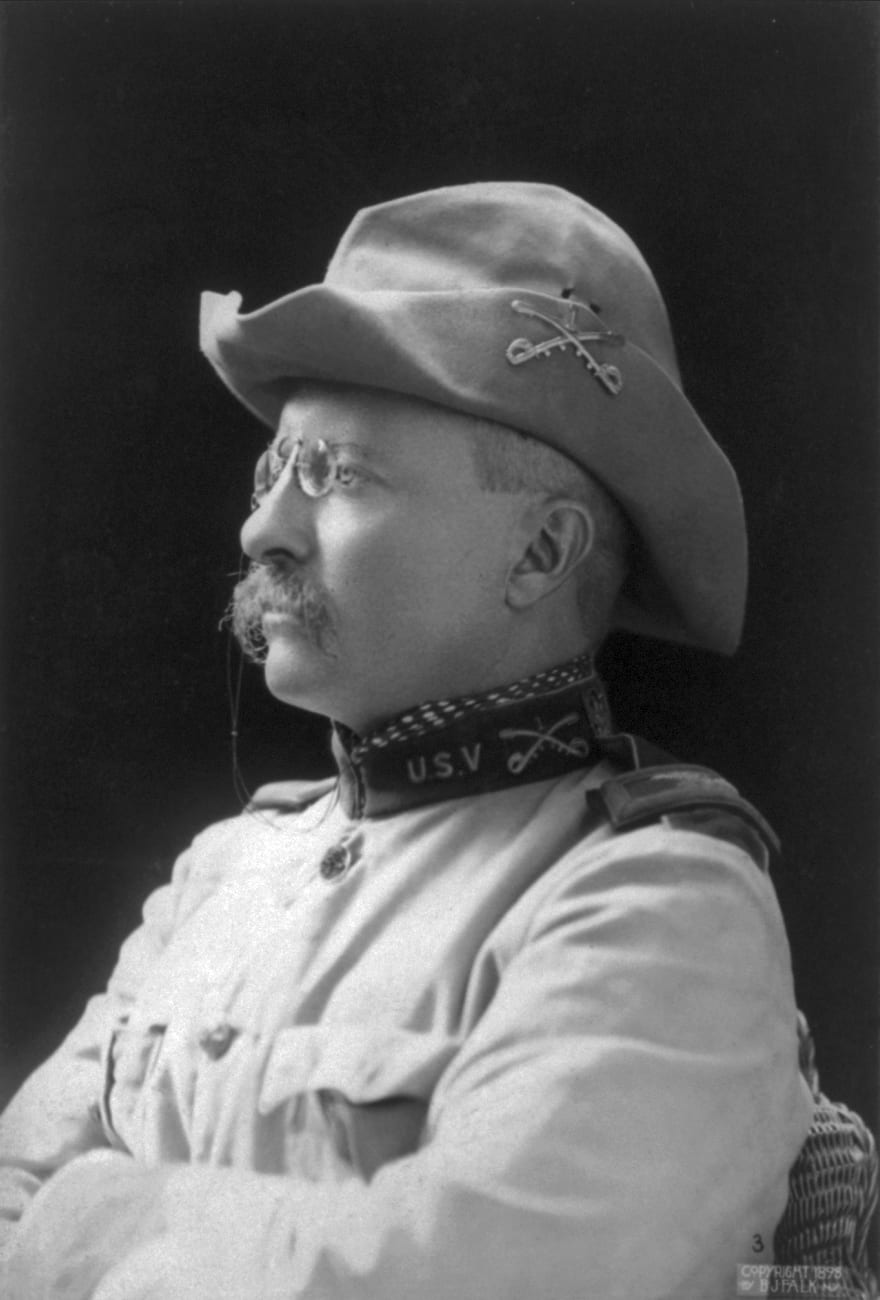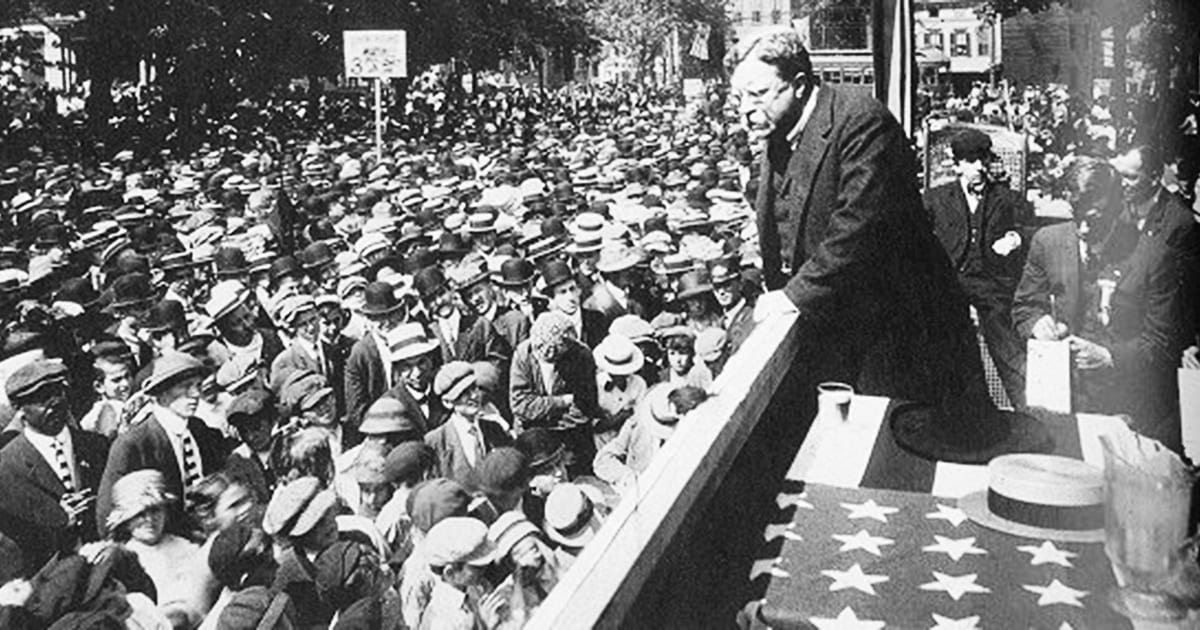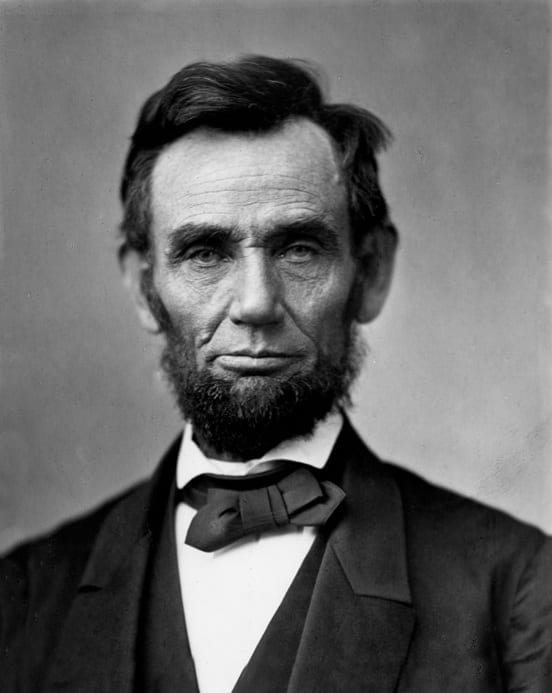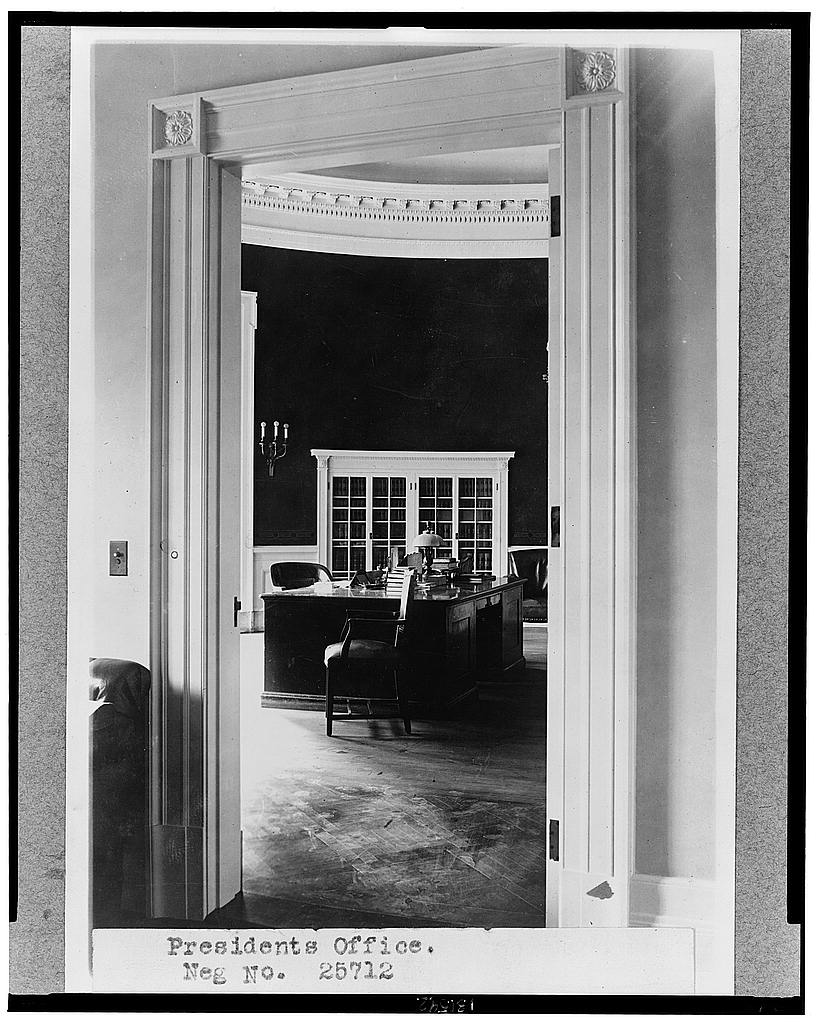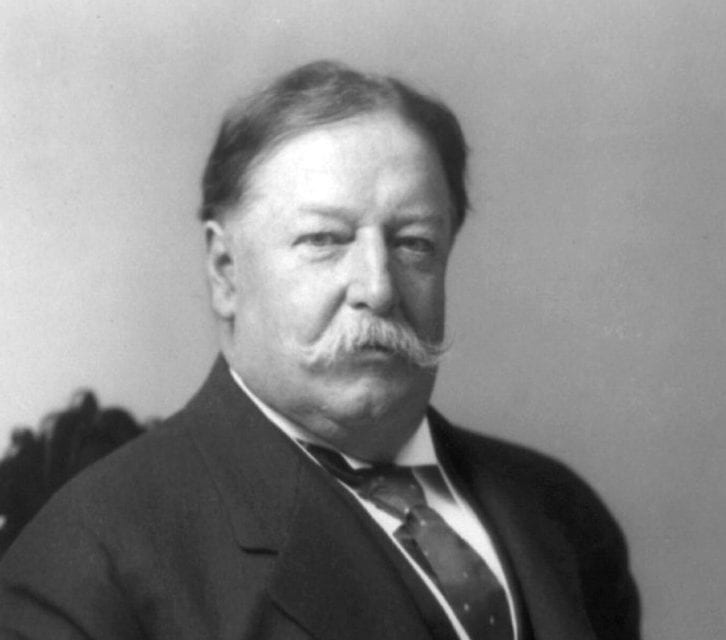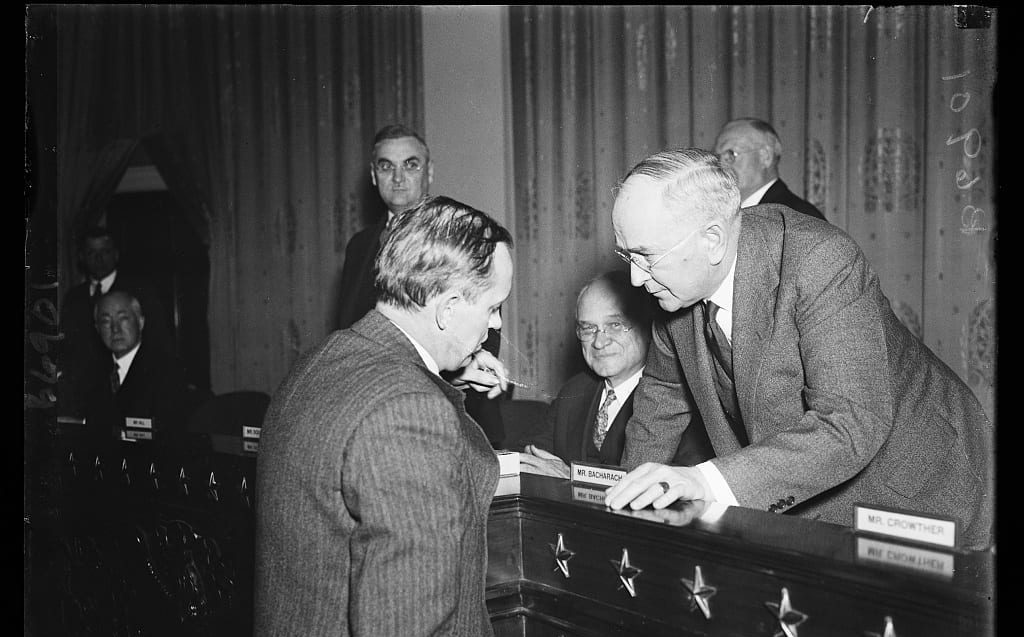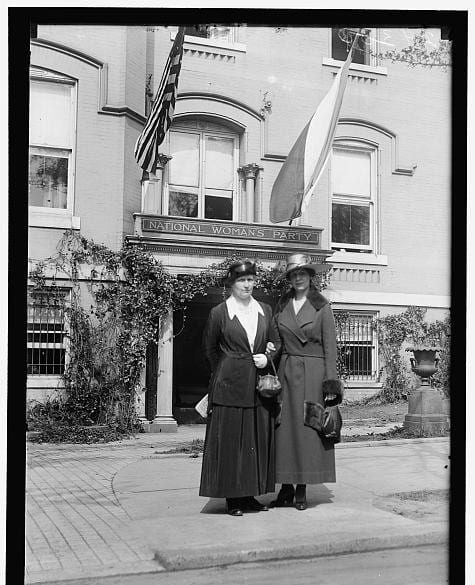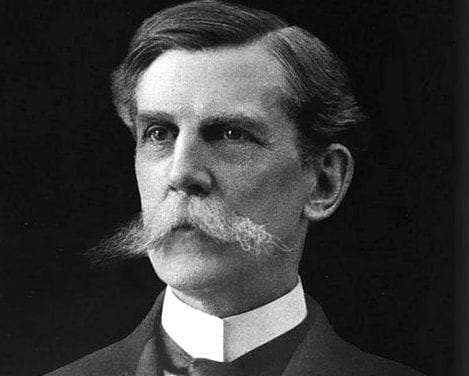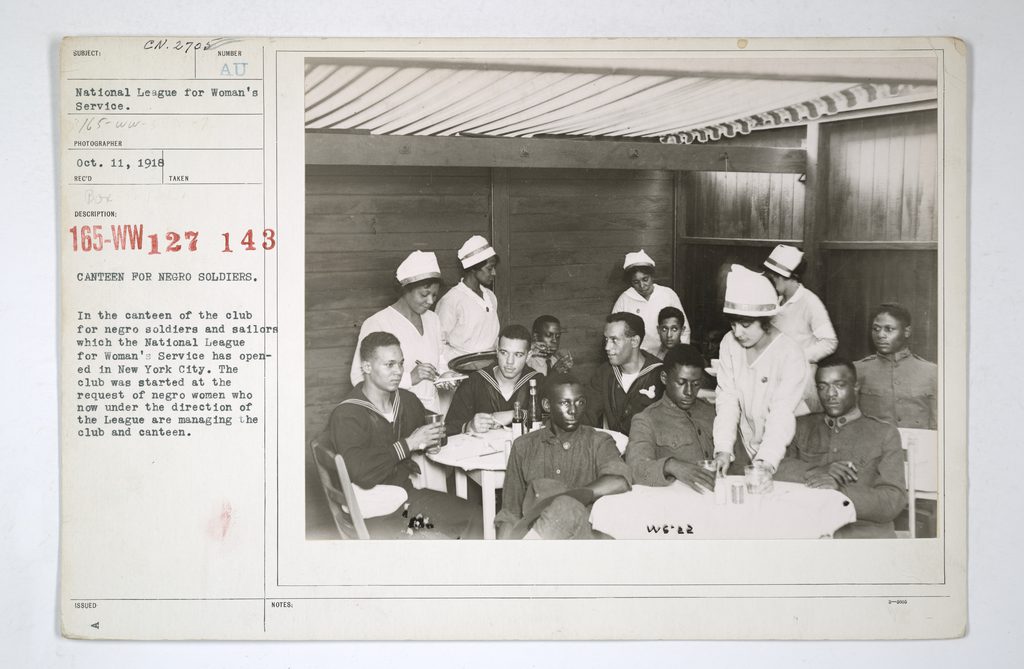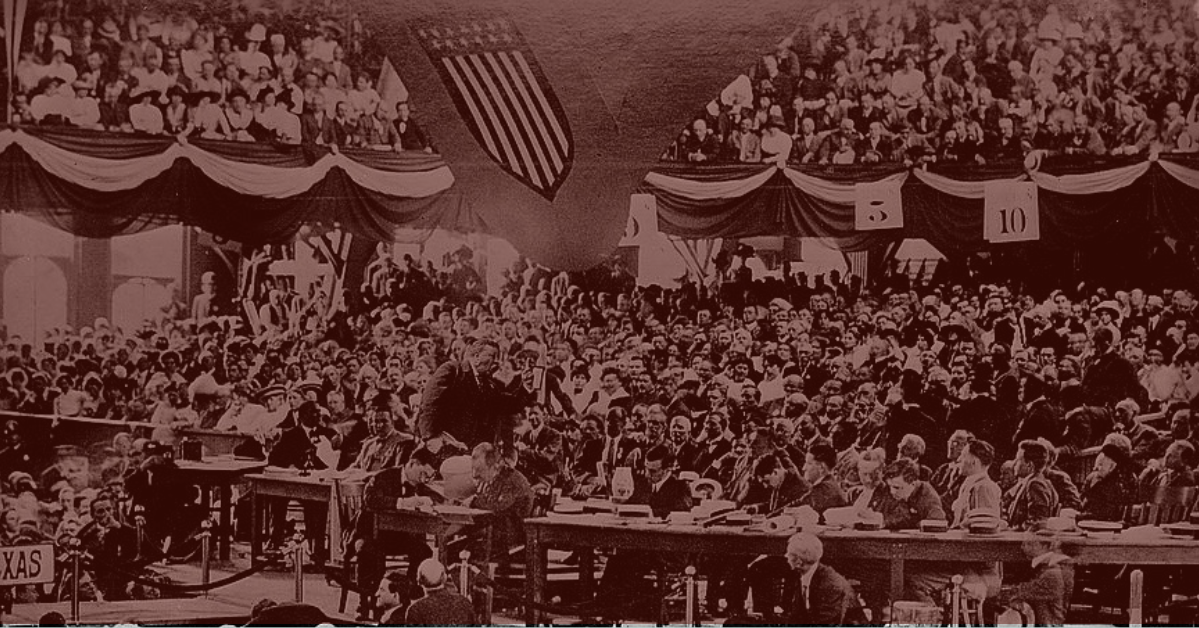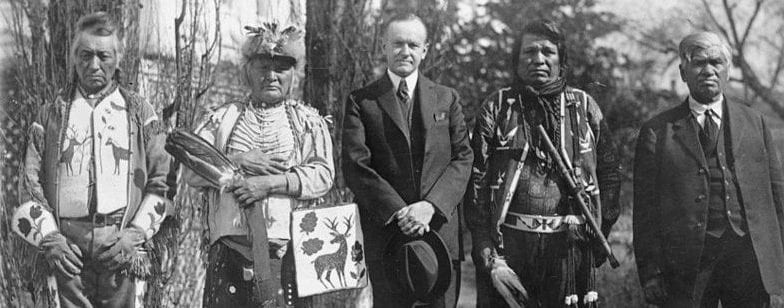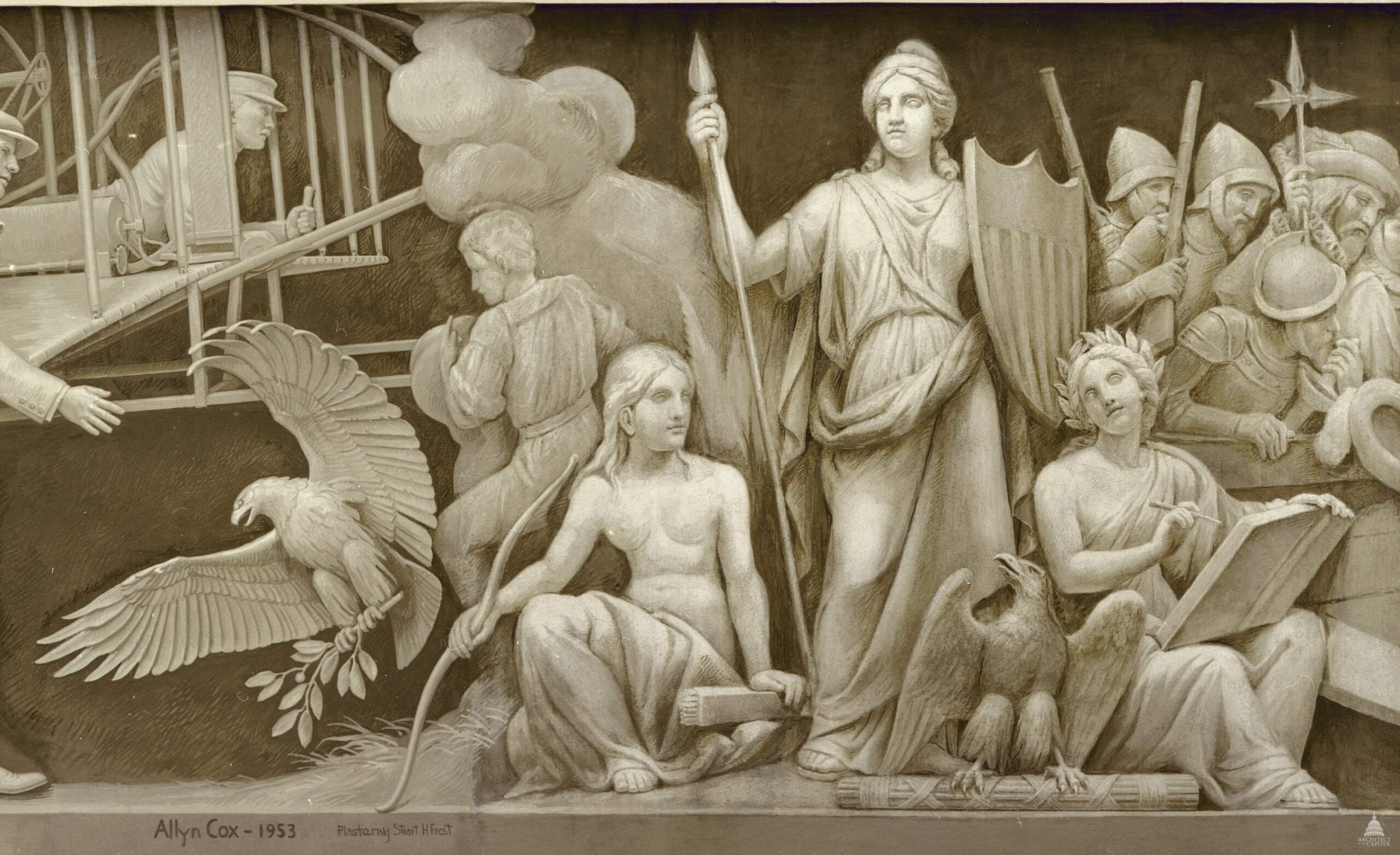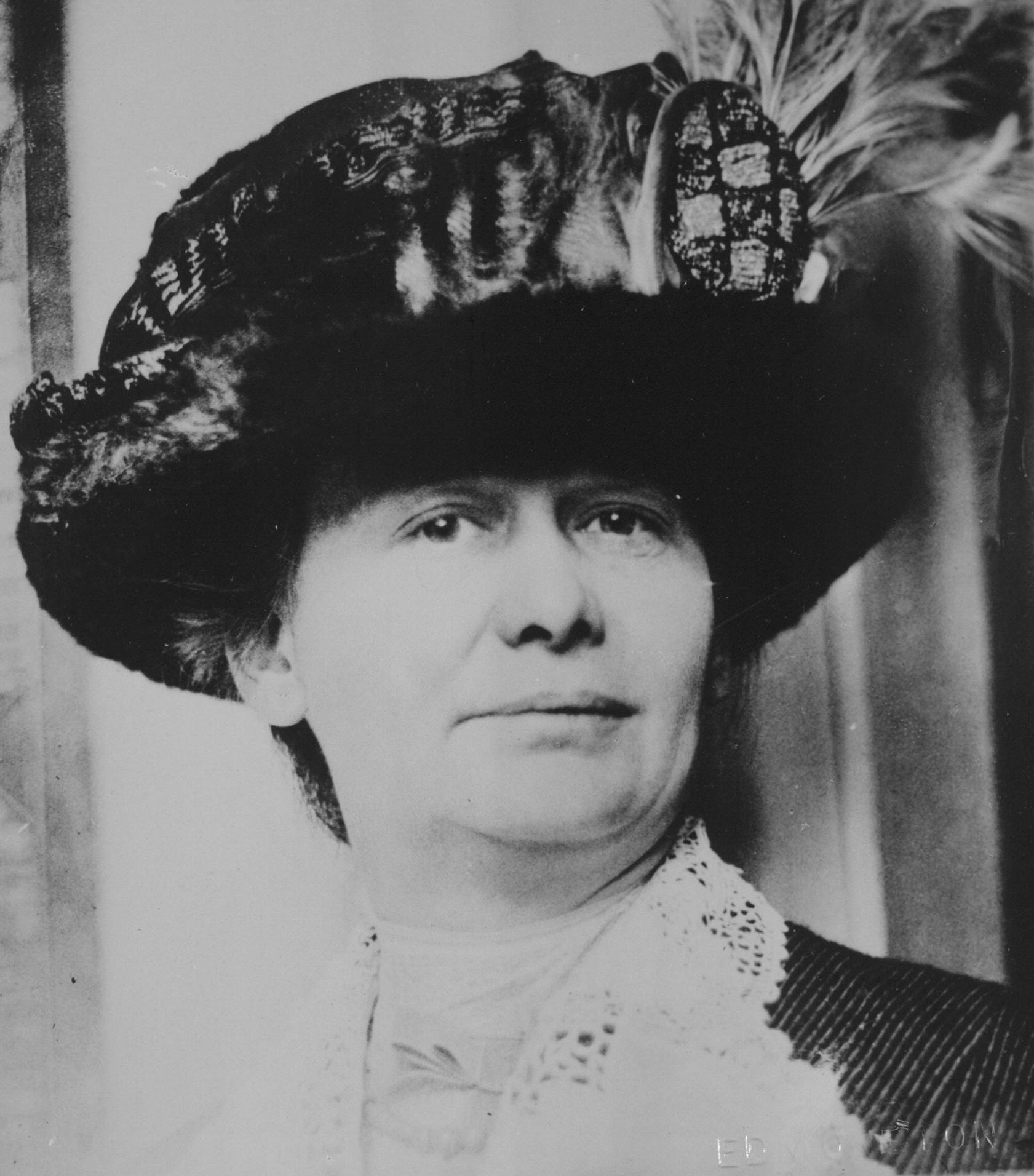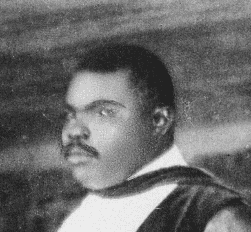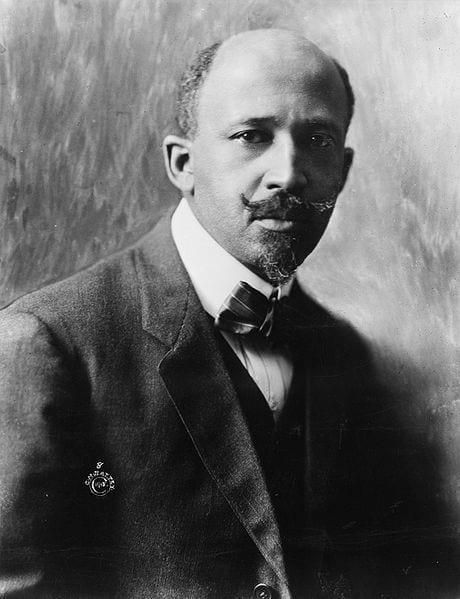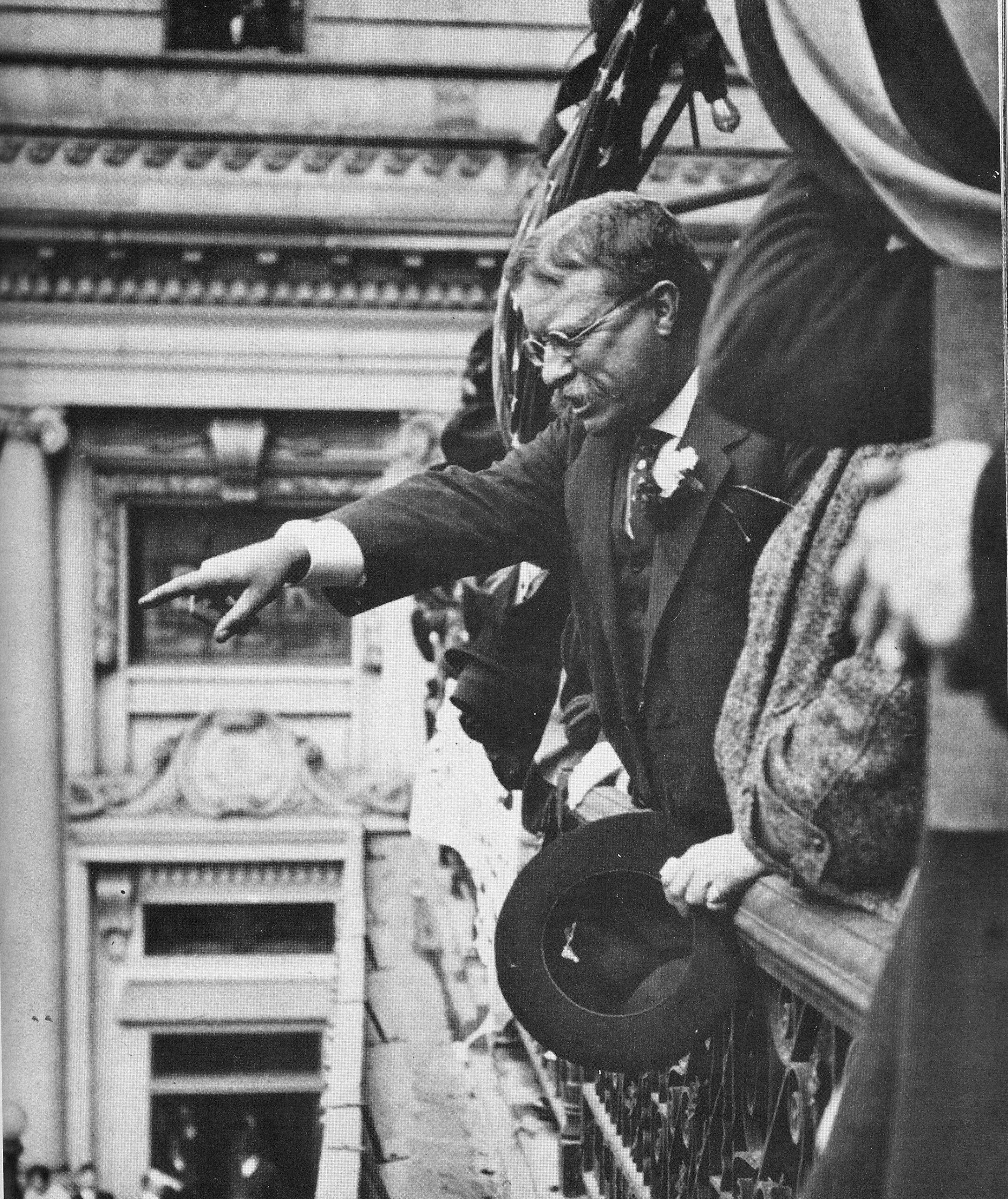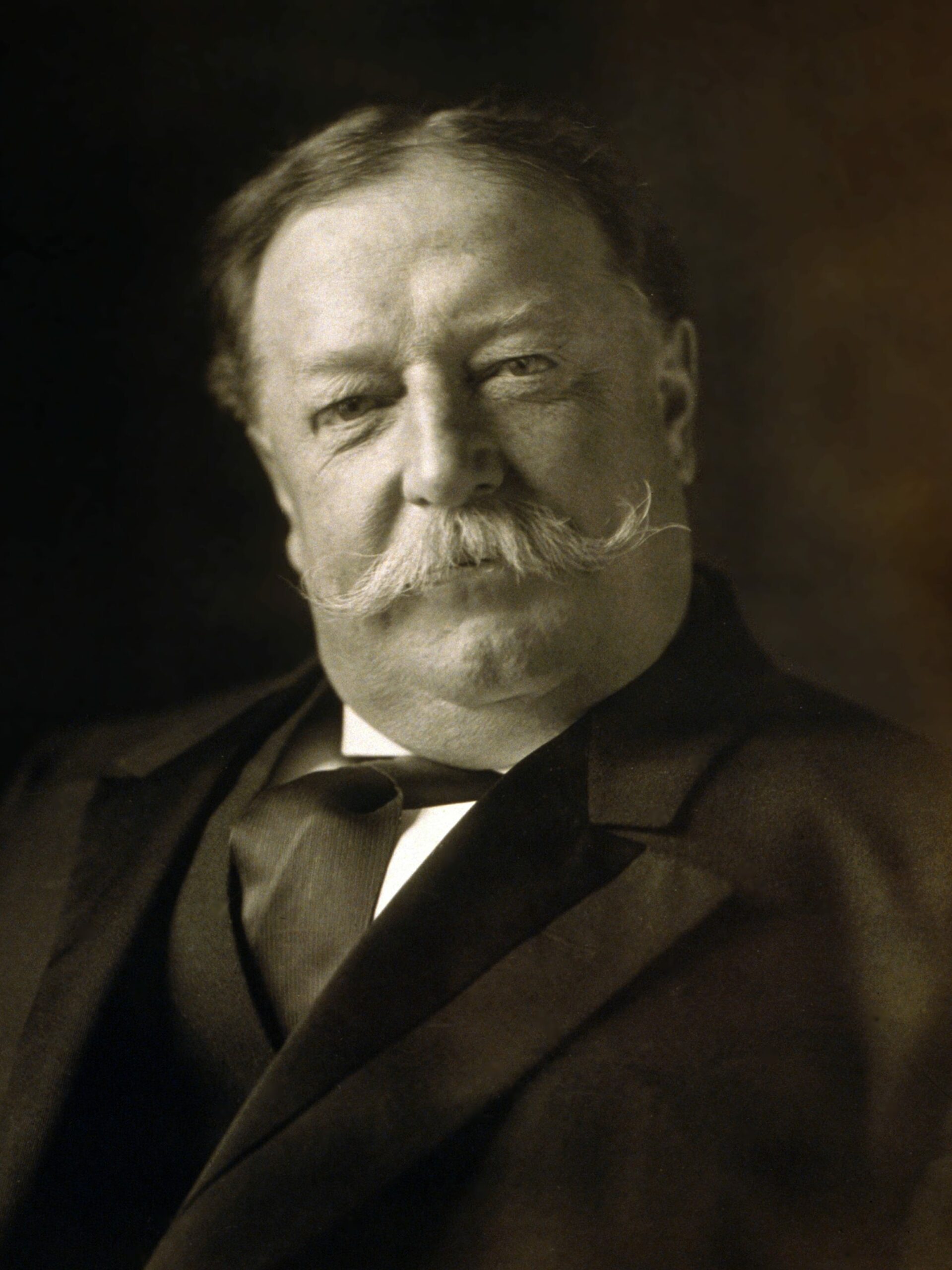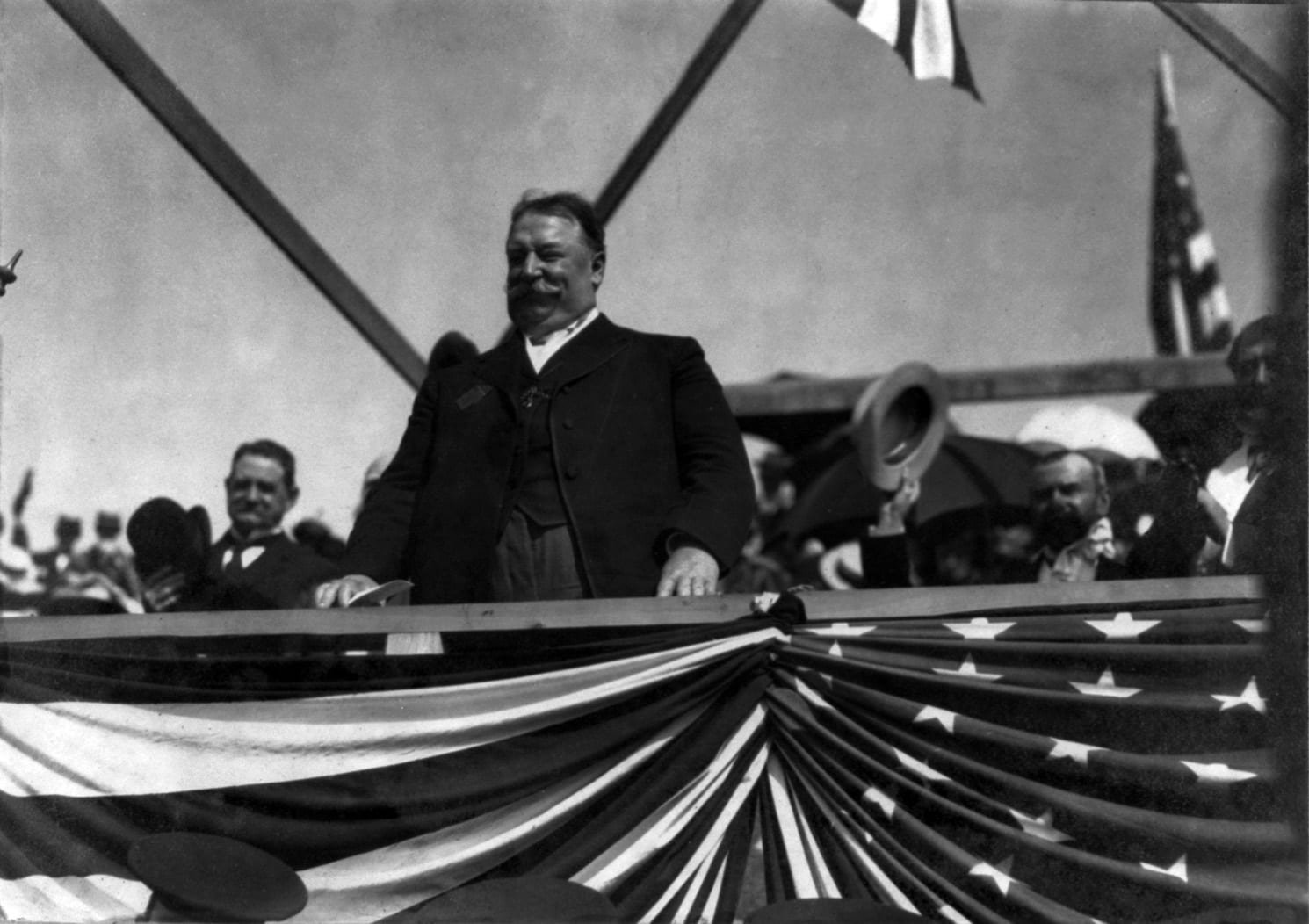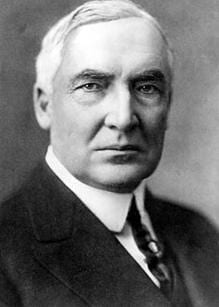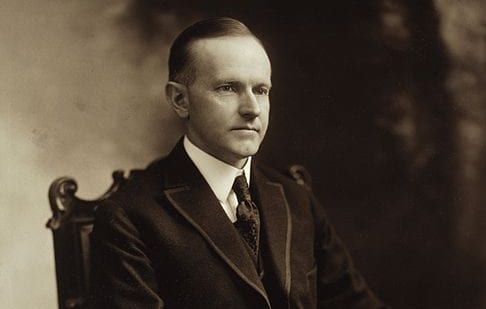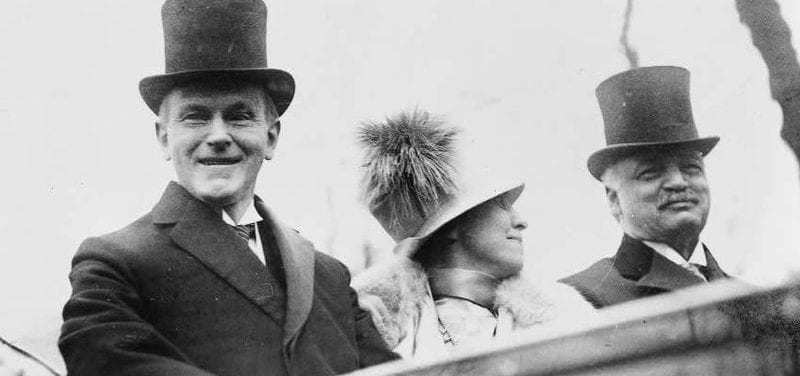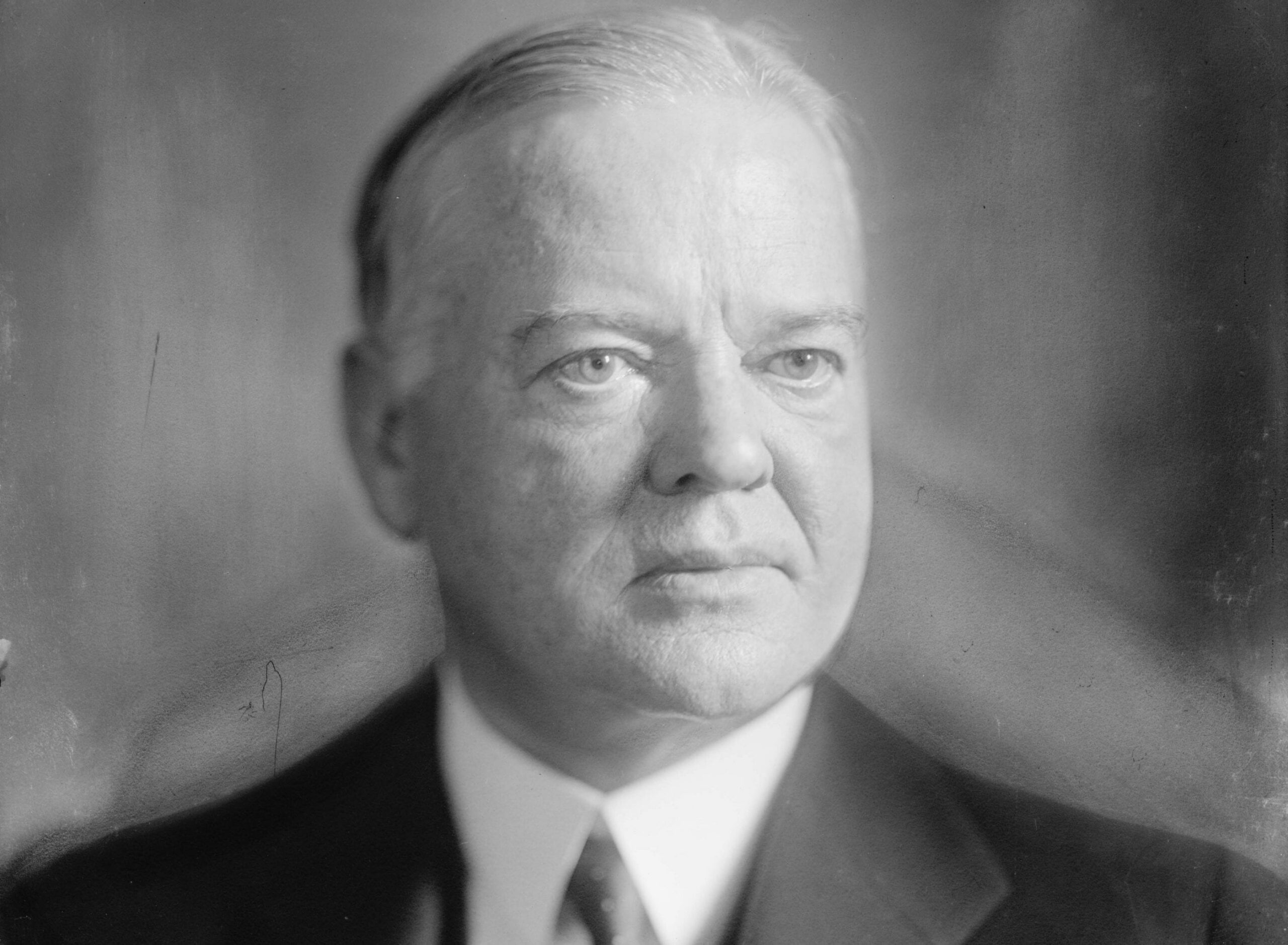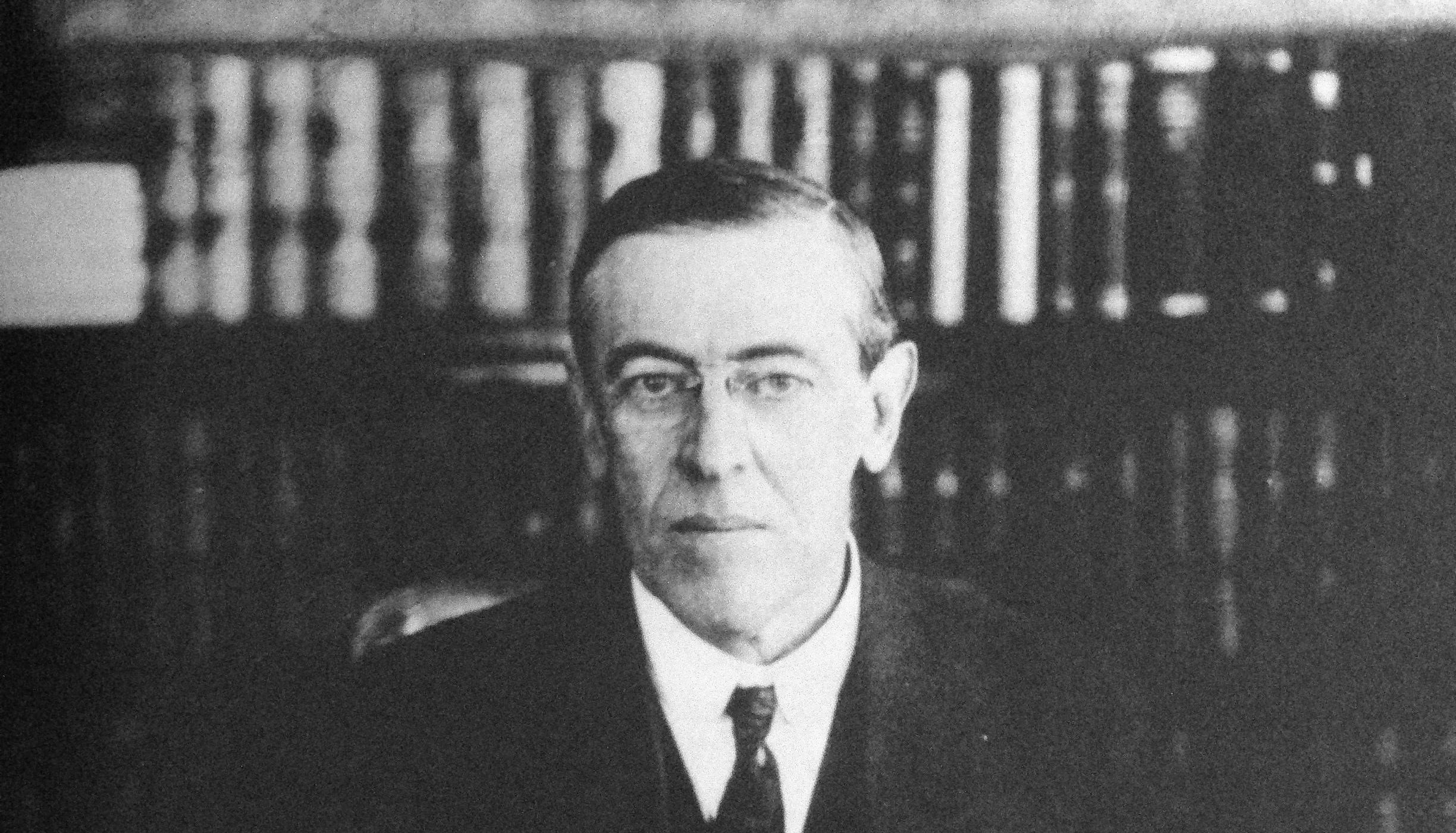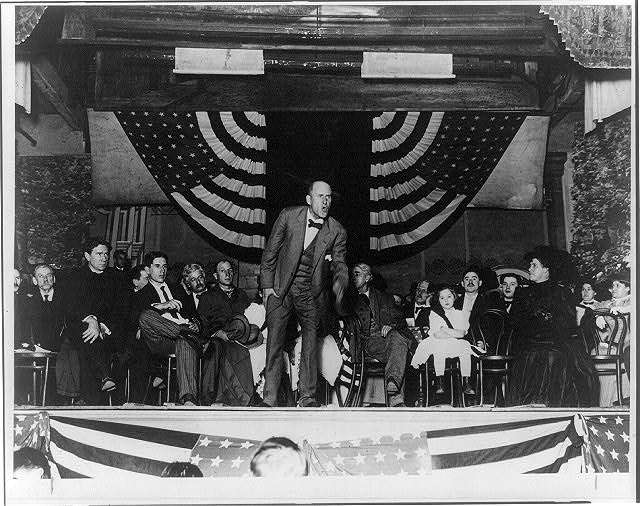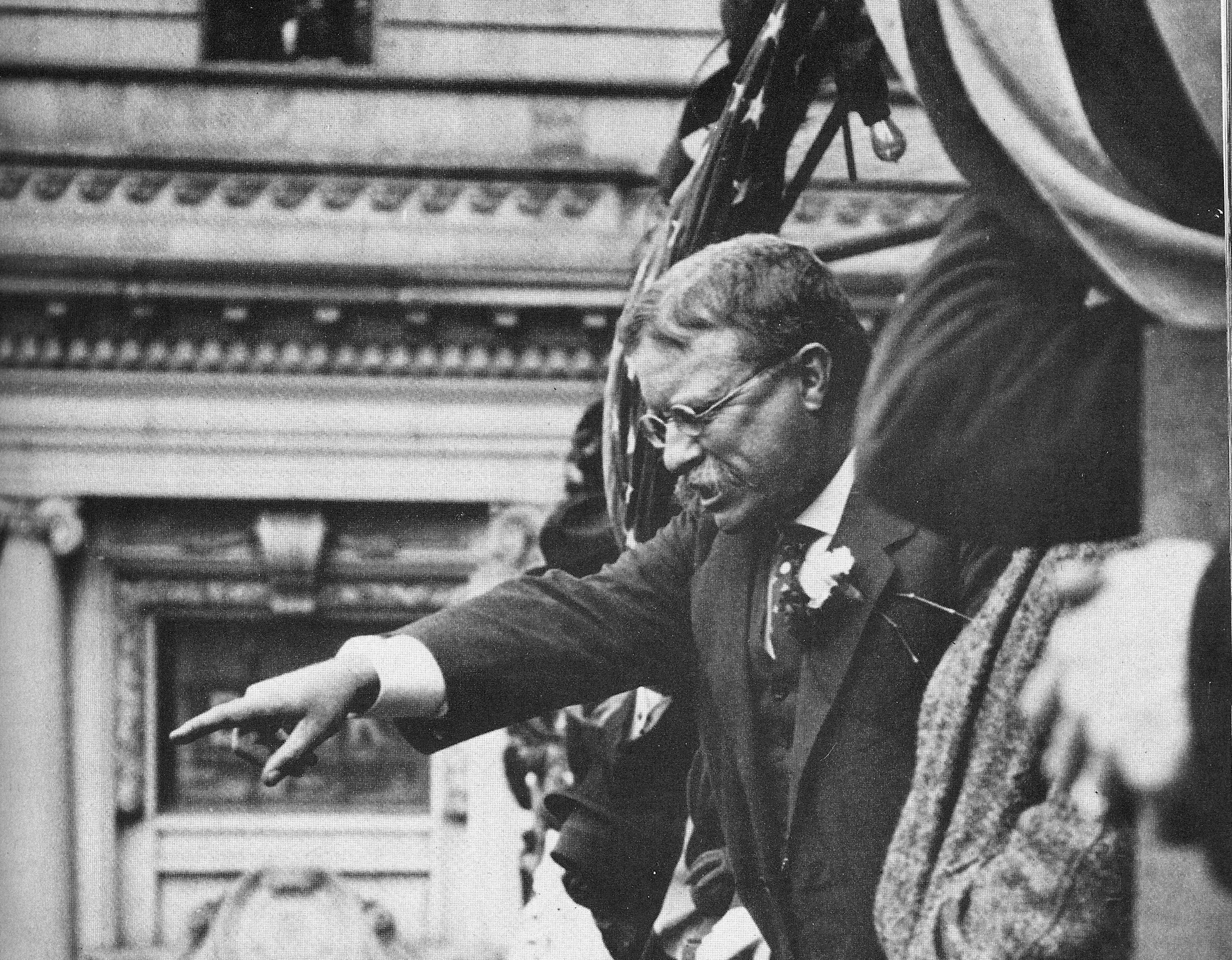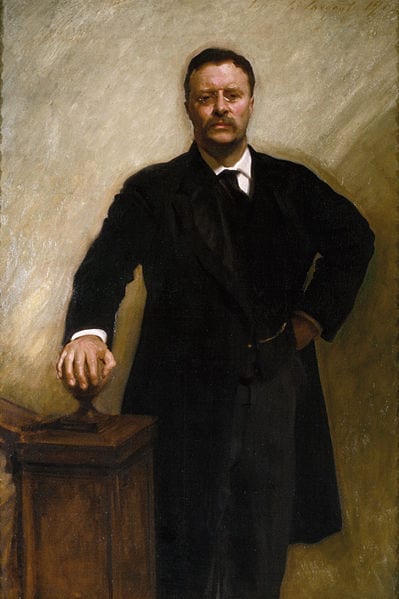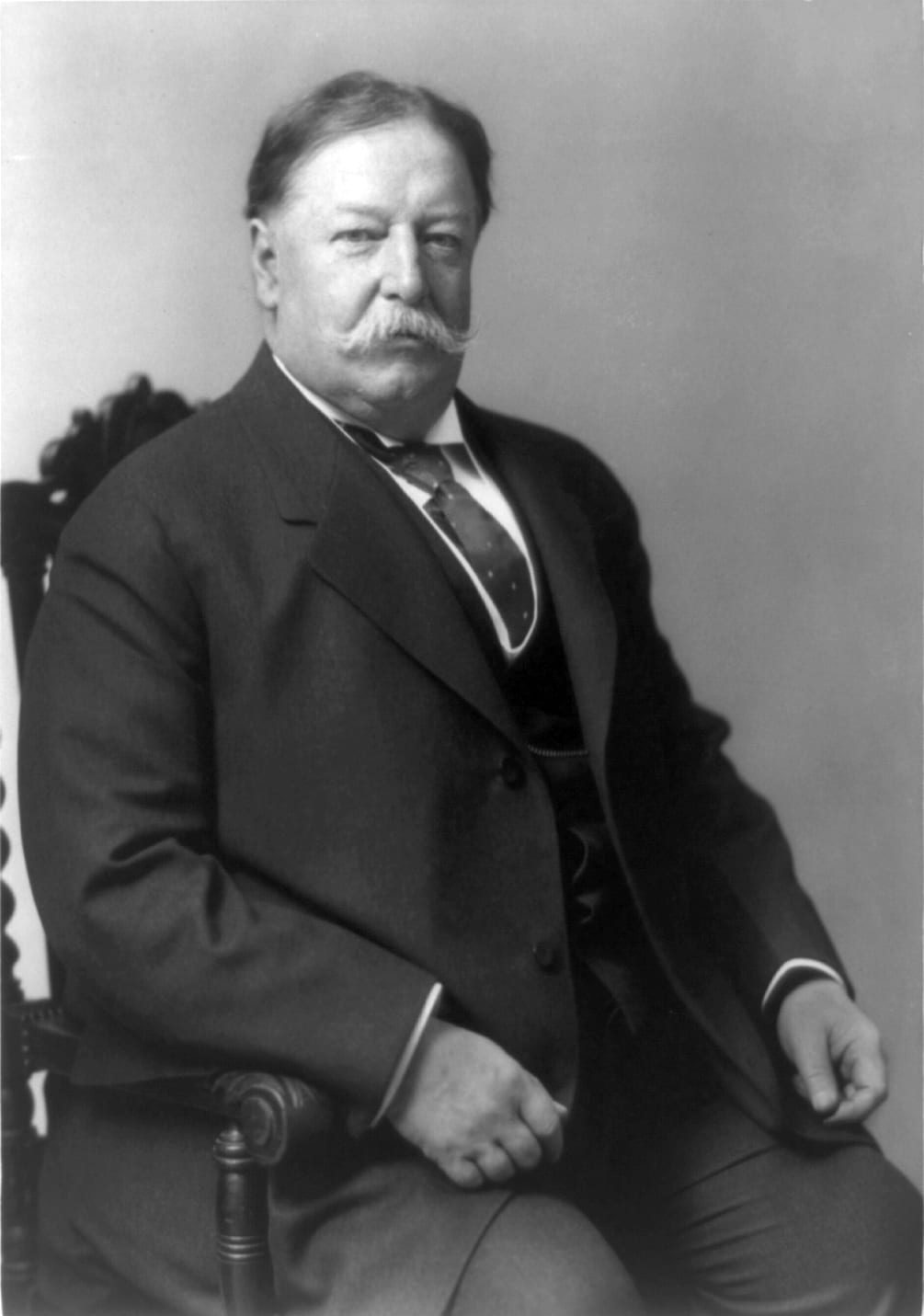
No related resources
Introduction
In 1912 Woodrow Wilson (1856–1924) titled his presidential campaign platform “The New Freedom.” After his election, Wilson’s legislative agenda took on the same name and included, among other things, the Underwood Tariff Act, the Clayton Antitrust Act, the creation of the Federal Trade Commission, and the establishment of the Federal Reserve. The excerpt below is taken from Wilson’s collection of 1912 campaign speeches. Reflecting on what we mean by “progress,” Wilson made the case for progressive politics as a response to changing historical and economic conditions. He particularly focused upon the emergence of large corporations and the new relationship between labor and capital in modern industrial society. Wilson suggested that politics was best understood in a Darwinian, evolutionary fashion and that this required Americans to reevaluate the principles of the American founding, especially the principles of separation of powers and checks and balances.
Source: Woodrow Wilson, The New Freedom: A Call for the Emancipation of the Generous Energies of a People, ed. W. B. Hale (New York and Garden City: Doubleday, Page, 1913), 33–54, available online at the Hathi Trust Digital Library: https://babel.hathitrust.org/cgi/pt?id=osu.32435006145320;view=1up;seq=9.
In that sage and veracious chronicle, Alice through the Looking-Glass, it is recounted how, on a noteworthy occasion, the little heroine is seized by the Red Chess Queen, who races her off at a terrific pace. They run until both of them are out of breath; then they stop, and Alice looks around her and says, “Why, we are just where we were when we started!” “Oh, yes,” says the Red Queen; “you have to run twice as fast as that to get anywhere else.”
That is a parable of progress. The laws of this country have not kept up with the change of economic circumstances in this country; they have not kept up with the change of political circumstances; and therefore we are not even where we were when we started. We shall have to run, not until we are out of breath, but until we have caught up with our own conditions, before we shall be where we were when we started; when we started this great experiment which has been the hope and the beacon of the world. And we should have to run twice as fast as any rational program I have seen in order to get anywhere else.
I am, therefore, forced to be a progressive, if for no other reason, because we have not kept up with our changes of conditions, either in the economic field or in the political field. We have not kept up as well as other nations have. We have not kept our practices adjusted to the facts of the case, and until we do, and unless we do, the facts of the case will always have the better of the argument; because if you do not adjust your laws to the facts, so much the worse for the laws, not for the facts, because law trails along after the facts. Only that law is unsafe which runs ahead of the facts and beckons to it and makes it follow the will-o’-the-wisps of imaginative projects. . . .
Politics in America is in a case which sadly requires attention. The system set up by our law and our usage doesn’t work—or at least it can’t be depended on; it is made to work only by a most unreasonable expenditure of labor and pains. The government, which was designed for the people, has got into the hands of bosses and their employers, the special interests. An invisible empire has been set up above the forms of democracy. . . .
Now, movement has no virtue in itself. Change is not worth while for its own sake. I am not one of those who love variety for its own sake. If a thing is good today, I should like to have it stay that way tomorrow. Most of our calculations in life are dependent upon things staying the way they are. For example, if, when you got up this morning, you had forgotten how to dress, if you had forgotten all about those ordinary things which you do almost automatically, which you can almost do half awake, you would have to find out what you did yesterday. I am told by the psychologists that if I did not remember who I was yesterday, I should not know who I am today, and that, therefore, my very identity depends upon my being able to tally today with yesterday. If they do not tally, then I am confused; I do not know who I am, and I have to go around and ask somebody to tell me my name and where I came from.
I am not one of those who wish to break connection with the past; I am not one of those who wish to change for the mere sake of variety. The only men who do that are the men who want to forget something, the men who filled yesterday with something they would rather not recollect today, and so go about seeking diversion, seeking abstraction in something that will blot out recollection, or seeking to put something into them which will blot out all recollection. Change is not worth while unless it is improvement. If I move out of my present house because I do not like it, then I have got to choose a better house, or build a better house, to justify the change. . . .
Progress! Did you ever reflect that that word is almost a new one? No word comes more often or more naturally to the lips of modern man, as if the thing it stands for were almost synonymous with life itself, and yet men through many thousand years never talked or thought of progress. They thought in the other direction. Their stories of heroisms and glory were tales of the past. The ancestor wore the heavier armor and carried the larger spear. “There were giants in those days.” Now all that has altered. We think of the future, not the past, as the more glorious time in comparison with which the present is nothing. Progress, development—those are modern words. The modern idea is to leave the past and press onward to something new.
But what is progress going to do with the past, and with the present? How is it going to treat them? With ignominy, or respect? Should it break with them altogether, or rise out of them, with its roots still deep in the older time? What attitude shall progressives take toward the existing order, toward those institutions of conservatism, the Constitution, the laws, and the courts?
Are those thoughtful men who fear that we are now about to disturb the ancient foundations of our institutions justified in their fear? If they are, we ought to go very slowly about the processes of change. If it is indeed true that we have grown tired of the institutions which we have so carefully and sedulously built up, then we ought to go very slowly and very carefully about the very dangerous task of altering them. We ought, therefore, to ask ourselves, first of all, whether thought in this country is tending to do anything by which we shall retrace our steps, or by which we shall change the whole direction of our development?
I believe, for one, that you cannot tear up ancient rootages and safely plant the tree of liberty in soil which is not native to it. I believe that the ancient traditions of a people are its ballast; you cannot make a tabula rasa upon which to write a political program. You cannot take a new sheet of paper and determine what your life shall be tomorrow. You must knit the new into the old. You cannot put a new patch on an old garment without ruining it; it must be not a patch, but something woven into the old fabric, of practically the same pattern, of the same texture and intention. If I did not believe that to be progressive was to preserve the essentials of our institutions, I for one could not be a progressive.
One of the chief benefits I used to derive from being president of a university was that I had the pleasure of entertaining thoughtful men from all over the world. I cannot tell you how much has dropped into my granary by their presence. I had been casting around in my mind for something by which to draw several parts of my political thought together when it was my good fortune to entertain a very interesting Scotsman who had been devoting himself to the philosophical thought of the seventeenth century. His talk was so engaging that it was delightful to hear him speak of anything, and presently there came out of the unexpected region of his thought the thing I had been waiting for. He called my attention to the fact that in every generation all sorts of speculation and thinking tend to fall under the formula of the dominant thought of the age. For example, after the Newtonian theory of the universe had been developed, almost all thinking tended to express itself in the analogies of the Newtonian theory, and since the Darwinian theory has reigned amongst us, everybody is likely to express whatever he wishes to expound in terms of development and accommodation to environment.
Now, it came to me, as this interesting man talked, that the Constitution of the United States had been made under the dominion of the Newtonian theory. You have only to read the papers of The Federalist to see that fact written on every page.[1] They speak of the “checks and balances” of the Constitution, and use to express their idea the simile of the organization of the universe, and particularly of the solar system—how by the attraction of gravitation the various parts are held in their orbits; and then they proceed to represent Congress, the judiciary, and the president as a sort of imitation of the solar system.
They were only following the English Whigs, who gave Great Britain its modern constitution.[2] Not that those Englishmen analyzed the matter, or had any theory about it; Englishmen care little for theories. It was a Frenchman, Montesquieu, who pointed out to them how faithfully they had copied Newton’s description of the mechanism of the heavens.[3]
The makers of our federal Constitution read Montesquieu with true scientific enthusiasm. They were scientists in their way—the best way of their age—those fathers of the nation. Jefferson wrote of “the laws of Nature”—and then by way of afterthought—“and of Nature’s God.” And they constructed a government as they would have constructed an orrery—to display the laws of nature. Politics in their thought was a variety of mechanics. The Constitution was founded on the law of gravitation. The government was to exist and move by virtue of the efficacy of “checks and balances.”
The trouble with the theory is that government is not a machine but a living thing. It falls not under the theory of the universe, but under the theory of organic life. It is accountable to Darwin, not to Newton. It is modified by its environment, necessitated by its tasks, shaped to its functions by the sheer pressure of life. No living thing can have its organs offset against each other, as checks, and live. On the contrary, its life is dependent upon their quick cooperation, their ready response to the commands of instinct or intelligence, their amicable community of purpose. Government is not a body of blind forces; it is a body of men, with highly differentiated functions, no doubt, in our modern day, of specialization, with a common task and purpose. Their cooperation is indispensable, their warfare fatal. There can be no successful government without the intimate, instinctive coordination of the organs of life and action. This is not theory, but fact, and displays its force as fact, whatever theories may be thrown across its track. Living political constitutions must be Darwinian in structure and in practice. Society is a living organism and must obey the laws of life, not of mechanics; it must develop.
All that progressives ask or desire is permission—in an era when “development,” “evolution,” is the scientific word—to interpret the Constitution according to the Darwinian principle; all they ask is recognition of the fact that a nation is a living thing and not a machine.
Some citizens of this country have never got beyond the Declaration of Independence, signed in Philadelphia, July 4th, 1776. Their bosoms swell against George III, but they have no consciousness of the war for freedom that is going on today.
The Declaration of Independence did not mention the questions of our day. It is of no consequence to us unless we can translate its general terms into examples of the present day and substitute them in some vital way for the examples it itself gives, so concrete, so intimately involved in the circumstances of the day in which it was conceived and written. It is an eminently practical document, meant for the use of practical men; not a thesis for philosophers, but a whip for tyrants; not a theory of government, but a program of action. Unless we can translate it into the questions of our own day, we are not worthy of it, we are not the sons of the sires who acted in response to its challenge.
What form does the contest between tyranny and freedom take today? What is the special form of tyranny we now fight? How does it endanger the rights of the people, and what do we mean to do in order to make our contest against it effectual? What are to be the items of our new declaration of independence?
By tyranny, as we now fight it, we mean control of the law, of legislation and adjudication, by organizations which do not represent the people, by means which are private and selfish. We mean, specifically, the conduct of our affairs and the shaping of our legislation in the interest of special bodies of capital and those who organize their use. We mean the alliance, for this purpose, of political machines with selfish business. We mean the exploitation of the people by legal and political means. We have seen many of our governments under these influences cease to be representative governments, cease to be governments representative of the people, and become governments representative of special interests, controlled by machines, which in their turn are not controlled by the people. . . .
Well, we have started now at all events. The procession is under way. The stand-patter doesn’t know there is a procession. He is asleep in the back part of his house. He doesn’t know that the road is resounding with the tramp of men going to the front. And when he wakes up, the country will be empty. He will be deserted, and he will wonder what has happened. Nothing has happened. The world has been going on. The world has a habit of going on. The world has a habit of leaving those behind who won’t go with it. The world has always neglected stand-patters. And, therefore, the stand-patter does not excite my indignation; he excites my sympathy. He is going to be so lonely before it is all over. And we are good fellows, we are good company; why doesn’t he come along? We are not going to do him any harm. We are going to show him a good time. We are going to climb the slow road until it reaches some upland where the air is fresher, where the whole talk of mere politicians is stilled, where men can look in each other’s faces and see that there is nothing to conceal, that all they have to talk about they are willing to talk about in the open and talk about with each other; and whence, looking back over the road, we shall see at last that we have fulfilled our promise to mankind. We had said to all the world, “America was created to break every kind of monopoly, and to set men free, upon a footing of equality, upon a footing of opportunity, to match their brains and their energies.” And now we have proved that we meant it.
- 1. The Federalist is a collection of essays, known as the Federalist Papers, written by Alexander Hamilton, James Madison, and John Jay to defend the proposed Constitution of 1787 and to persuade the people to support its ratification. The Federalist remains one of the most authoritative sources for understanding the U.S. Constitution.
- 2. Dating to the seventeenth century, and extremely influential on the principles of the American Revolution and the founding of the early Republic, the Whigs advocated parliamentary supremacy against the absolute authority of the English monarchy.
- 3. Charles-Louis de Secondat, Baron de La Brède et de Montesquieu (1689–1755) was a French political philosopher. Montesquieu’s analysis of separation of powers and the English Constitution, in his famed 1748 work The Spirit of the Laws, was well known by the framers of the U.S. Constitution.

Conversation-based seminars for collegial PD, one-day and multi-day seminars, graduate credit seminars (MA degree), online and in-person.

Our Core Document Collection allows students to read history in the words of those who made it. Available in hard copy and for download.





